Key Takeaways:
- Comprehensive Comparison: Study the distinct features of NetSuite and Infor, including their prices, adaptability to different industries, support, and deployment.
- Industry-Specific Perspectives: Determine which ERP is optimal for specialized fields such as manufacturing, retail, healthcare, and other service-based industries.
NetSuite vs Infor: An Overview
Modern businesses require a highly efficient and scalable cloud-based ERP, and considering the software’s cutting-edge capabilities, selecting an appropriate one becomes mission-critical. NetSuite and Infor CloudSuite both tend to be considered among growing businesses. Despite both systems having rich features catered towards mid and large enterprises, their differences are crucial for companies competing to be the best through technology, which makes the Infor vs NetSuite question very important.
Oracle NetSuite has established itself as a pioneer in cloud ERP solutions because of its strong focus on all-in-one business management for rapidly growing businesses. It offers a single platform for managing accounting, CRM, eCommerce, inventory, etc. On the other hand, Infor CloudSuite is known for its deep industry functionalities in healthcare, manufacturing, and distribution.
This blog compares “NetSuite vs Infor” across key parameters, clarifying which ERP fits your business needs best.
Feature Comparison: NetSuite vs Infor
When choosing an ERP, matching its features with your business needs is important. Here’s how the two compare:
Financial Management
- NetSuite: Comprehensive with real-time insights
- Infor CloudSuite: Strong financial tools with industry-specific customization
Supply Chain
- NetSuite: Integrated SCM with global inventory visibility
- Infor CloudSuite: Advanced supply chain planning and execution
CRM & Sales
- NetSuite: Built-in CRM and marketing automation
- Infor CloudSuite: CRM features are available but are often integrated with third-party tools
HR Management
- NetSuite: SuitePeople module offers native HRMS
- Infor CloudSuite: Infor HR Talent provides deep HR capabilities
Customization
- NetSuite: High customization via SuiteCloud
- Infor CloudSuite: Flexible with the Infor Mongoose platform
While both platforms provide comprehensive modules, NetSuite stands out for its unified interface and pre-built integrations across departments, making it easier for companies aiming for streamlined operations.
Industry-Specific Capabilities
Industry fit can be a key factor in choosing an ERP. Here’s a simple breakdown:
Manufacturing
Infor: Known for its strong presence in discrete and process manufacturing. CloudSuite Industrial (SyteLine) is specifically built for manufacturers.
NetSuite: Offers solid manufacturing functionality but is considered more flexible for mixed-mode manufacturers or those with service-oriented operations.
Retail & eCommerce
NetSuite: Excels with its unified eCommerce, POS, and CRM systems. Omnichannel retailers favor NetSuite SuiteCommerce.
Infor: Provides retail-specific modules but often requires integration with third-party systems.
Healthcare
NetSuite: Limited presence in core healthcare, though used by healthcare service providers and suppliers.
Infor: CloudSuite Healthcare is a recognized leader in this space, offering solutions for supply chain, finance, and workforce management.
Professional Services
NetSuite: Offers robust PSA (Professional Services Automation) features for time tracking, billing, and resource management.
Infor: Has industry-specific solutions but is less agile for smaller or project-based service firms.
Explore how businesses have leveraged these ERPs to achieve success by visiting our success stories.
Pricing
Pricing transparency varies significantly between the two:
NetSuite: Typically operates on a subscription model based on user count, modules required, and company size. The average starting cost for SMBs ranges from $999/month for the base license plus $99 per user.
Infor: Pricing is often quote-based and can be complex due to its deep industry tailoring. TCO (Total Cost of Ownership) may be higher depending on customization.
For both, implementation and training costs should also be considered. Third-party implementation partners and consultants may add to upfront costs, but ensure better system utilization.
Deployment & Scalability
NetSuite
- 100% cloud-based since inception.
- Scales easily from small business to enterprise.
- Seamless upgrades and minimal IT overhead.
Infor
- Offers multi-tenant cloud, on-premises, or hybrid deployments.
- Great for large enterprises with complex IT ecosystems.
- Some versions require longer implementation timelines.
Scalability favors NetSuite for companies that plan rapid growth without the burden of hardware or complex deployment.
Customer Support & User Experience
User Interface
NetSuite: Clean, modern, and intuitive. Offers real-time dashboards and easy navigation.
Infor: Functional, but can vary by product version. Some modules feel dated without custom UI enhancements.
Support & Community
NetSuite: Strong community, extensive documentation, 24/7 support, and partner ecosystem.
Infor: It also offers firm support but is often routed through partners. Documentation and community resources vary by suite.
Customer training, adoption, and change management are critical, whichever ERP you choose.
Which ERP Should You Choose?
Choosing between NetSuite and Infor depends on your industry, growth plans, and internal IT capabilities.
Choose NetSuite If:
- You’re a fast-growing business that values ease of use.
- You need a unified financial, CRM, HR, and eCommerce system.
- You’re in retail, services, or SaaS sectors.
Choose Infor If:
- You need a hybrid deployment or have already used Infor products.
- You want deep vertical functionality and are okay with longer implementation cycles.
Final Thoughts
Picking between Infor and NetSuite depends on what each company needs. Even though each ERP system has its strengths, your choice should ultimately consider how you operate, which vertical you belong to, and your digital transformation goals.
To dive deeper into ERP knowledge and stay updated with trends, tools, and expert opinions, check out the Folio3 NetSuite Blog.

